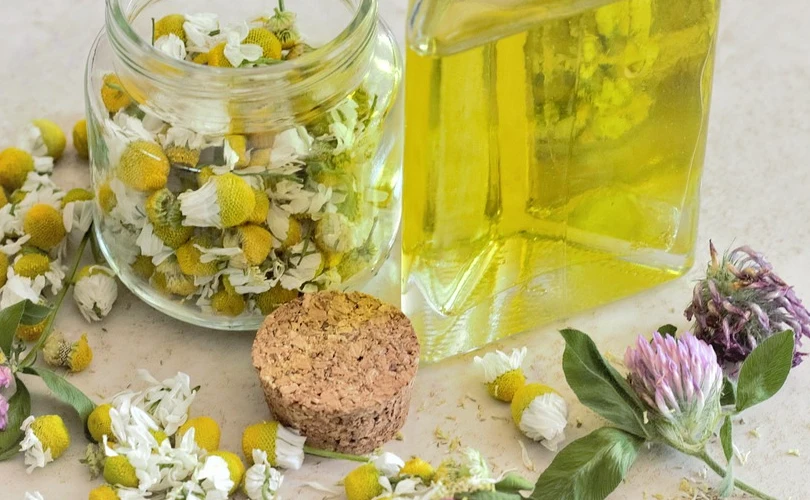Many natural treatments are available to help reduce the symptoms of GERD. It is crucial to remember that there isn’t any scientific proof in favor of using any natural cure to treat GERD.
It is crucial to consult your doctor before beginning any natural GERD treatment regimen. This is particularly crucial if you take any prescriptions since several herbal therapies have the potential to interact with prescription drugs.
Aloe Vera
The following natural treatments might aid in the relief of GERD symptoms:
Aloe vera: For generations, people have utilized this succulent plant as a natural cure for various illnesses. The plant’s leaves produce a gel-like material packed with over 75 active chemicals, including vitamins, minerals, and amino acids.
Aloe vera is a popular choice for treating burns, wounds, and other skin irritations because of its anti-inflammatory and wound-healing capabilities, among its many components.
Aloe vera may also aid the digestive tract, according to recent studies. Due to the plant’s anti-inflammatory qualities, disorders like acid reflux and GERD (gastroesophageal reflux disease) may feel less painful and inflammatory on the lining of the esophagus.
Aloe vera has the potential to improve nutrient absorption and aid in the digestion of meals by inducing the creation of digestive enzymes.
Aloe vera has been shown to possess antibacterial qualities, which enable it to effectively combat a range of germs and viruses, in addition to its anti-inflammatory and digestive advantages. This might aid in the healing of wounds and other injuries as well as the prevention of infections.
Aloe vera is an adaptable plant with a variety of possible health advantages. It may assist general health and wellness, lessen inflammation, and encourage healing when applied topically or internally.
Natural Curatives
Ginger: The root ginger possesses anti-inflammatory and anti-nausea qualities. It could lessen acid reflux and heartburn.
Licorice root: Licorice root suppresses acid production and has anti-inflammatory qualities. It could lessen acid reflux and heartburn.
Marshmallow root: The plant known for its slimy covering can relieve irritation in the esophageal lining. It could lessen acid reflux and heartburn.
Chamomile: The plant chamomile provides a soothing, relaxing effect. Stress can cause GERD, so it could be helpful to lessen that.
Slippery elm: The plant with a slimy covering on its leaves can relieve irritation in the esophageal lining. It could lessen acid reflux and heartburn.
Potential Consequences
It is crucial to remember that there may be adverse consequences from some of these natural treatments. For instance, licorice root might result in low potassium and elevated blood pressure. Marshmallow root may make you feel sleepy and constipated. Some people may experience allergic responses when using chamomile. Constipation can result from slippery elm.
To ensure that any of these natural therapies are safe, seeing your doctor before taking them is crucial.
You may control your GERD symptoms by making a variety of lifestyle changes in addition to using natural therapies. Among them are:
You are avoiding the meals and beverages that make your symptoms worse. Caffeine, alcohol, spicy and fatty meals, and acidic foods are common triggers.
We are consuming little, frequent meals all day long.
Steer clear of eating right before bed.
You were sleeping with your head and shoulders up.
You are reducing your weight if you are fat or overweight.
I am giving up smoking.
It’s crucial to discuss the ideal course of therapy for your GERD with your doctor. Treatment options for GERD include a variety of drugs and surgical techniques.
